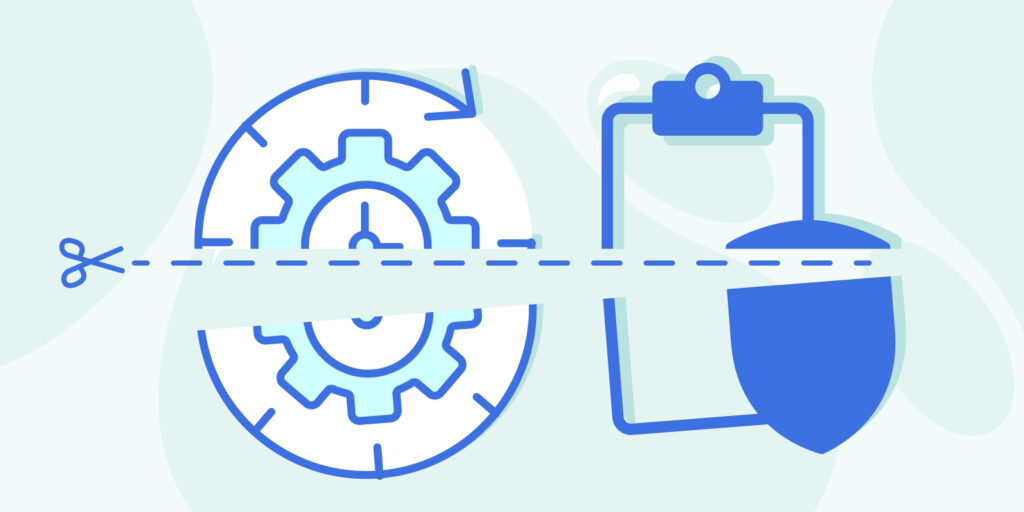Canceling your auto insurance is a simple and straightforward process, but you should only do it under certain circumstances. Learn more about when it is appropriate to cancel your policy and how to go about it.
When to Cancel Auto Insurance
Never cancel your car insurance if you are still driving or own a car. Nearly every state has minimum coverage laws. You should always have a new insurance policy in place before you cancel your current insurance to avoid problems. Lapses can lead to fines and extra paperwork. Let your new insurer know the expiration date of your old policy so you can choose an appropriate time to begin coverage. You should also provide your new insurance information to your lender if you have a lease or car loan.
Reasons to Cancel or Change Your Car Insurance
There are several reasons for a driver to change companies or cancel insurance altogether. Here are the most common.
Switching to a Lower Rate
Many drivers like to shop around for better deals on their car insurance. You can easily obtain quotes and compare rates by entering your information on the insurer’s website or by calling to speak to an agent. Insurance rates vary widely by company and policy, so it pays to get new information every so often to see if there are more favorable terms or discounts out there.
You Sold Your Car and No Longer Drive
If you sell your car and have no plans to purchase another to drive, it makes sense to cancel your car insurance. However, if you still own a car and just plan not to drive it, you’re most likely still legally required to keep some level of car insurance. Every state has different laws and insurance coverage minimums, so check the laws of your state to stay in compliance and avoid fees and penalties.
Moving to Another State
Depending on your insurance company, you might need to cancel your old policy and get a new one in the state you move to. Not all insurers offer coverage in every state. It’s worth a phone call to find out if you can keep your coverage and just update your details or if you need to find a new policy.
Remember that you should never cancel an old policy before you have a new one in place, and you should never drive without active coverage. This is illegal in most states and can result in heavy fines. You also need proof of insurance to register your car in a new state.
How to Cancel Your Current Auto Insurance Policy

The best method to cancel your auto insurance depends on your provider’s rules and policies. You typically have several options to choose from:
- By phone: Most insurance companies can cancel your policy after a quick phone call to speak with an agent. You’re sometimes required to sign a document in some cases.
- By mail or fax: Some insurers prefer you to submit a cancellation letter. You can drop it off at the office, mail it, or fax it to the company.
- In-person: If your insurance company has a local office, you can stop in or make an appointment to cancel your auto insurance in person and complete any needed paperwork at that time.
- Online: Many insurers allow you to make policy decisions on the company’s website. For some, this includes canceling a policy. Read the instructions carefully, as it’s sometimes required to send in documentation or written consent.
- Through your new insurer: If you decide to switch insurance providers, you can have your new insurer help you with the cancellation process.
It’s best to check your policy or speak to your provider to find out which method is best to cancel your car insurance. Remember to never just let your policy lapse without notifying your insurance carrier. You may continue to get billed and damage your credit due to supposed non-payment.
Any time you cancel an auto insurance policy, confirm the following:
- The date of cancellation. Some policies are canceled immediately, while others require up to 30 days notice to cancel and avoid penalties.
- Confirmation of the cancellation for your records.
- If your reason for canceling is to find a better rate, ask an agent if it’s possible to lower the cost of your current policy before you cancel.
Keep a record of your insurance policy to provide documentation and verify coverage dates if needed.
What to Expect After You Cancel Auto Insurance
Your insurance carrier will likely notify your state of the cancellation. If this happens, you may get a notice from the department of motor vehicles asking you to provide proof of a new insurance policy or that you have sold the vehicle. Driving when uninsured in most states is illegal, so failure to comply can result in a suspension of your driver’s license and car registration. Some states require you to surrender your license plates.
What to Do If Your Insurance Provider Cancels Your Policy
Your insurance company can also cancel your car insurance in some situations. If your policy is active for 60 days, the insurer can cancel it for these reasons:
- Nonpayment of your premium.
- Fraudulent claims.
- Misrepresentations on your application.
- Suspended or revoked driver’s license.
Insurers send out notices in advance of the cancellation, so you have some time to resolve the situation. It’s important to deal with the situation immediately. If your insurance company goes through with the cancellation, it can increase your premiums when you obtain new insurance in the future.
Possible Refunds and Fees Associated With Cancellation
If you cancel prepaid auto insurance and still have time remaining on the policy, you might get a prorated refund. However, some car insurance companies charge a fee if you cancel a policy before the term ends. This is either a flat $100 fee or a short rate fee. Short-rate fees are calculated for the remaining unpaid term. The amount varies, but 10% to 15% is common.
Check your policy information or ask your insurance company to know for sure. If you are switching to another insurer for a lower rate, you may want to wait and schedule your new coverage to begin when your old policy is over to avoid paying extra fees.
Auto insurance is essential coverage that all drivers need to have. Stay legal and avoid costly fines by keeping your car insurance up-to-date and remembering to notify the relevant parties of any changes. It’s not hard to manage your policy once you know what to expect. If you ever feel that your insurance premium is too high, you can shop around for a better rate. Compare quotes with several companies to get the best coverage and value for your money.
You might also be interested in: Auto Liability Insurance Everything You Need To Know





